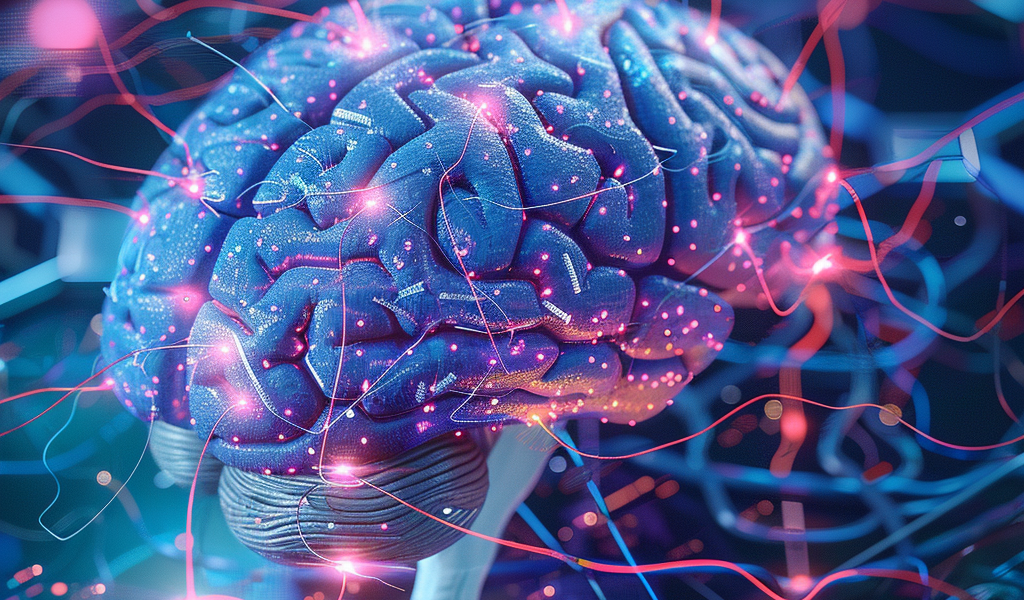Researchers have made a groundbreaking discovery in the field of neuroscience, identifying specific brain cells that play a crucial role in enhancing memory focus and storage. These newly identified neurons, known as PAC neurons, have been found to coordinate the activity of memory-specific neurons without storing any information themselves.
The findings of this study were derived from brain activity recordings of epilepsy patients during memory tasks, shedding light on how certain brain cells contribute to our ability to maintain and focus on short-term memories. This research provides valuable insights into the mechanisms underlying working memory, which could potentially lead to improved treatments for conditions such as Alzheimer’s and ADHD.
One key aspect of the study is the identification of PAC neurons that utilize phase-amplitude coupling to synchronize with memory-related brain waves, thereby aiding in focus and memory retention. This discovery not only confirms the role of the hippocampus in long-term memory but also highlights its involvement in controlling working memory, a significant revelation for the field of neuroscience.
The research, which was part of the NIH’s BRAIN Initiative, showcases how cutting-edge technologies can help unravel complex brain processes that were previously challenging to study. Cedars-Sinai Medical Center was instrumental in this research, with investigators uncovering how brain cells responsible for working memory coordinate intentional focus and short-term storage of information.
The study detailing this discovery was recently published in the prestigious peer-reviewed journal Nature. According to Jonathan Daume, PhD, a postdoctoral scholar involved in the study, the identified neurons influenced by theta and gamma brain waves play a critical role in cognitive control and the storage of sensory information in working memory.
Dr. Ueli Rutishauser, the director of the Center for Neural Science and Medicine at Cedars-Sinai and senior author of the study, emphasized the fragility of working memory, which necessitates continuous focus to be maintained. He highlighted that disorders like Alzheimer’s disease and ADHD often affect the ability to focus on and retain memories once formed, rather than the storage of memories.
Understanding the control aspect of working memory is deemed fundamental for the development of new treatments for various cognitive conditions. This research opens up new avenues for exploring the intricate workings of the brain and holds promise for advancing our knowledge of memory processes.





